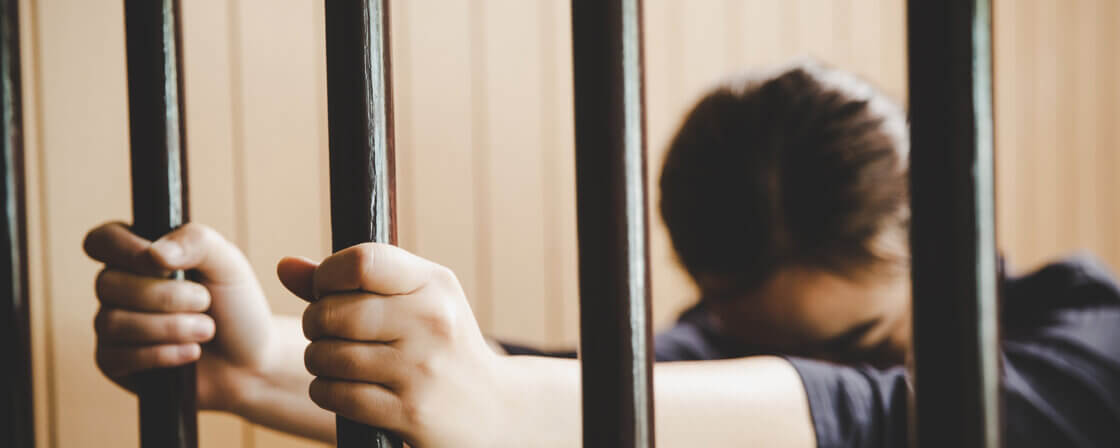The right to a fair trial is one of the most important fundamental human rights we have. It gives every individual a legal guarantee of fair and equal treatment on which they (or their lawyer in the event of a breach of that right) can rely. In the Czech Republic, the right to a fair trial is indirectly enshrined in the Charter of Fundamental Rights and Freedoms, which is a building block of constitutional law. Explicitly, the right to a fair trial is enshrined in Article 6 of the European Convention for the Protection of Human Rights and Fundamental Freedoms (see also below).
Thanks to the right to a fair trial, we have the guarantee that the courts will decide on the rights and obligations of each individual impartially, independently and within a reasonable time. If you feel that your right to a fair trial has been violated, contact a lawyer. He or she will use this to your advantage.
Are you solving a similar problem?
Do you feel injustice?
Your trial has already taken place and you feel that not all the principles of a fair trial have been followed? Was the judge biased, did the opposing party use illegal means, or was there any other disruption of the process? Contact our lawyer to discuss the matter with you and find ways to defend yourself.
That's what I'm wondering
- When you order, you know what you will get and how much it will cost.
- We handle everything online or in person at one of our 6 offices.
- We handle 8 out of 10 requests within 2 working days.
- We have specialists for every field of law.
What does the right to a fair trial include?
The right to a fair trial is a complex set of several principles that are indispensable for achieving justice.
1. The right to an impartial and independent tribunal
Everyone has the right to have their case decided by an independent court. This court must not be influenced by pressures from outside influences, be they political, economic or other actors and causes. The impartiality of the court means that the court must not favour either side of the dispute and must act objectively. Impartiality is ensured by, among other things, the jurisdiction of the court.
2. Right to equality of arms
No, we are not going to get bogged down in war, don’t worry. In fact, the right to equality of arms is a principle that ensures that both sides in a legal dispute have an equal opportunity to present their arguments, evidence and views. This ensures that neither side will have an advantage in, for example, having access to information that the other side cannot.
3. The right to a public hearing
Anything can happen behind closed doors without you being present, but certainly not your trial. In fact, the public nature of the trial is key to transparency. When court proceedings take place in public, it increases confidence in the fairness of the decision and prevents secret or arbitrary procedures.
4. The right to a reasonable time
The law requires that court proceedings be conducted within reasonable time limits. Unnecessary delays in proceedings can have devastating consequences for the parties and can lead to a loss of confidence in the legal system.
5. The right to legal aid
Everyone is entitled to have a lawyer to represent them in legal proceedings. Once someone lacks the financial means to afford legal aid, the state must ensure that they have access to free legal counsel. If necessary, do not hesitate to contact our attorneys who will provide you with maximum assistance during your trial.
Tip for article
Tip: Civil appeals are one of your other rights that you can use in court. Learn what conditions you must meet and how the appeal process works.
The right to a fair trial is protected not only at the national level but also at the international level. Among the most important international documents that guarantee this right are the aforementioned European Convention on Human Rights and the International Covenant on Civil and Political Rights adopted by the United Nations.
What if someone violates the right to a fair trial?
Violations of the right to a fair trial can have serious consequences for the parties involved. For example, if the court unreasonably prolongs the proceedings, it may make it more difficult for the parties to access evidence or worsen their position in the case. In favouring one party, it would in turn expose the other party to the risk of an unfair decision.
Fortunately, the Czech judicial system contains remedies that can be used to overturn a final court decision if the right to a fair trial has been violated. If an individual fails to obtain justice in the protection of this right in the national courts, he or she can still turn to the European Court of Human Rights, which may seek redress. However, it is preferable to raise all arguments in good time, ideally before the court of first instance, represented by a lawyer. Relying only on the right to a fair trial at the highest level is very uncertain and may only result in legal cotton wool.
Summary
The right to a fair trial is fundamental to any democratic state governed by the rule of law. It ensures equality before the law, protection of individuals from arbitrary decisions and transparency in judicial proceedings. In the Czech Republic and internationally, this right is considered a key element of human rights protection and a fundamental value that must be respected by every state authority. If your right to a fair trial has been violated, do not be afraid to defend yourself and demand redress.




